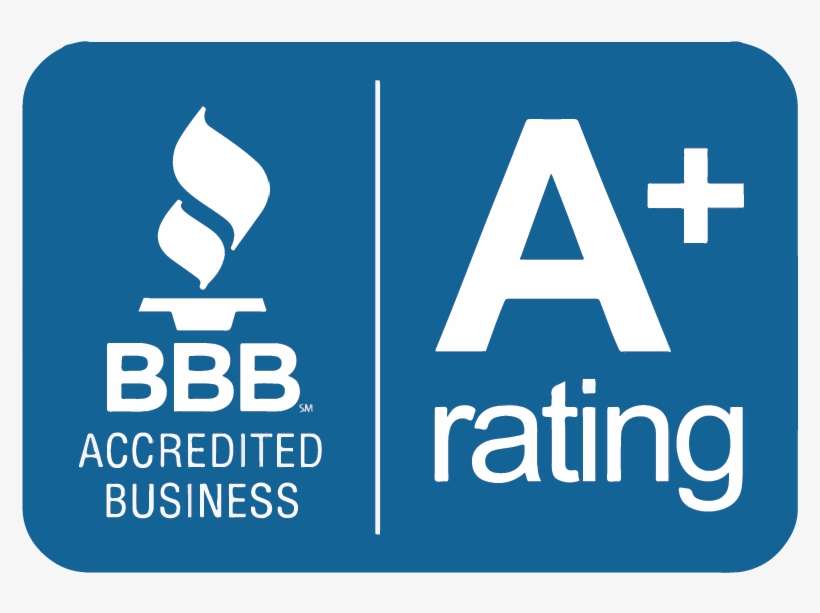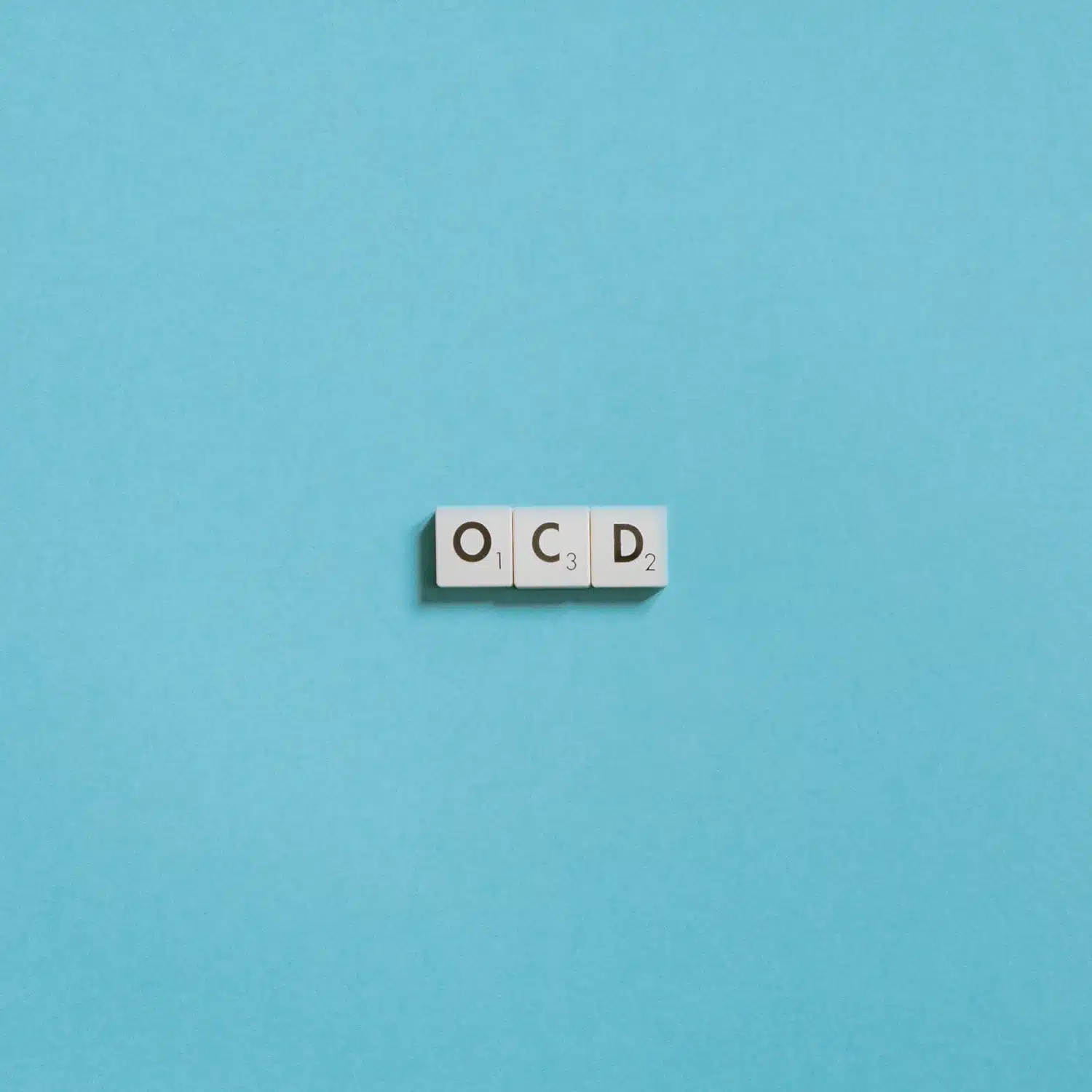The Connection Between OCD
And Anxiety
Did you know that around 2.3% of people in the United States alone suffer from obsessive-compulsive disorder or OCD? OCD can be a debilitating disorder for some people and it can even make everyday tasks like locking the front door or washing your hands difficult. However, many people tend to confuse OCD with anxiety disorders such as generalized anxiety disorder and panic disorder.
If you are unsure about the difference between these two disorders, you’re reading the right article to learn more about both of them. While these two disorders are similar in certain aspects, they are both unique in their own ways. In some cases, anxiety disorders might lead to the development of OCD or vice versa.
To start off, let’s take a look at what anxiety is and what kind of types exist. Then, later on, we can see how anxiety compares to OCD
What Is Anxiety?
Many people throw around the word “anxious” very casually. You might be anxious about a job interview or an upcoming exam, but what many people don’t know is that being anxious or nervous isn’t the same as having an anxiety disorder. Having an anxiety disorder tends to be much more serious than being nervous every once in a while.
As a matter of fact, some people with anxiety disorders have such severe and consistent feelings of anxiety that it can be difficult for them to live a normal life. This is because the symptoms of anxiety become so overpowering that they can inhibit one’s ability to function normally. If you don’t have an anxiety disorder, it might be hard to wrap your head around the concept.
After all, can’t people with anxiety power through their fears and study or work as normal? Not always. Often, when people with anxiety disorders try to push themselves to do something, they may experience a panic attack.
A panic attack is different from the consistent feeling of anxiety that characterizes anxiety disorders. A panic attack is instead an acute attack of fear and terror that can prevent a person from doing anything and might even cause a person to retreat from a given situation completely. Because the feelings of panic are so awful, many people with anxiety may refuse to perform certain tasks out of fear such as speaking in public.
In general, the symptoms of an anxiety disorder tend to include the following:
- Increased heart rate
- Excessive sweating
- Fatigue
- Trouble sleeping
- Feeling nervous
- Having trouble concentrating
It is important to know that there is not only one type of anxiety disorder. Let’s explore some common types of anxiety disorders next and see how they differ from each other.
Generalized Anxiety Disorder
Generalized anxiety disorder, or GAD, is one of the most common types of anxiety. As the name suggests, it involves feeling anxious in general and your anxiety doesn’t always need to have a cause. One of the characteristics of anxiety is feeling nervous about something even if there is no reason to be nervous.
The worry that one feels with GAD is persistent and often overwhelming. The worry often stems from overthinking or imagining the worse outcome of every situation.
For example, you might be worried to go to the grocery store because you’ll have to talk to the cashier, and once you talk to the cashier, you might accidentally say something to embarrass yourself. If this happens, you’ll never be able to set foot in that grocery store again because the same cashier might be there and remember your slip-up.
Even though this scenario is illogical and unlikely to happen, people with anxiety might hyperfixate on this outcome and get so nervous that they’ll decide not to go to the store at all.
What makes GAD, along with other anxiety disorders, so hard to deal with is that it isn’t easy to stop overthinking or to stop having anxious thoughts. Even if you tell yourself that your worries are out of proportion, you still might feel anxious. Because dealing with anxiety is such a struggle, anxiety and depression are often linked.
Once depression mixes with anxiety, you can imagine that it’s not a very good combination.
Social Anxiety Disorder / Social Phobia
Social anxiety is another common form of anxiety and many people mistake it for shyness. In reality, it is much worse than ordinary shyness and can often be debilitating for many people. Shyness is a condition in which you might be reluctant to talk to people or feel nervous when talking to people.
However, shyness usually goes away with age or once you get used to the social situation you’re currently in. Social anxiety differs in how it is characterized by fear and terror when a social situation is involved. For example, say you have a public speaking event coming up where you’ll need to give a speech.
A shy person might be nervous about speaking in front of people but eventually will pull through. A person with social anxiety might overestimate the situation so much that they get physically sick. They might even experience a panic attack which is characterized by hyperventilation, sweating, nausea, chest and stomach pain, numbness, and weakness.
Because the anxiety symptoms become so bad in this case, the person with social anxiety might refuse to speak in public even if it might cost them their job or school performance. Social anxiety might be just as severe even in less tense situations such as talking to a waiter at a restaurant. The feelings of fear for this type of anxiety are often exacerbated by the fear of embarrassing oneself or being judged by others.
As you can imagine, this kind of anxiety can make it very difficult to live a normal life when our society so strongly revolves around interacting with other people. So, how does OCD compare with anxiety disorders and what role might anxiety play in the development of OCD?
What Is OCD?
While it might share some characteristics with anxiety disorders, OCD has its own characteristics that make it unique. As the name suggests, this disorder involves obsessions and compulsions. If these obsessions and compulsions are not fulfilled, a person with OCD may experience fear and panic even if such a reaction is illogical.
When people think of OCD, they may think of someone who can’t help but wash their hands over and over again. While this may be a stereotypical image of someone with OCD, obsessive actions of this type are a real symptom of the condition. You might be wondering why a person with OCD would perform an action over and over again if the result is always the same, such as repeatedly locking a door.
A person with OCD might repeat certain actions to give them a sense of relief. For example, if you had OCD, you might feel the need to lock your front door exactly five times because only then will you know that it is locked properly. If you locked the door only four times, you would feel very nervous and uncomfortable because the door might not be locked the right way.
Even though these thoughts are illogical and even if the person with OCD knows that these thoughts are illogical, they can still interfere with everyday life. The symptoms of OCD go beyond repetitive actions, however.
OCD Symptoms
Repetitive actions comprise the compulsive behavior of OCD. Compulsions often make people with OCD follow a strict schedule. If this schedule changes in any way, the person might become extremely anxious and might not be able to continue on with their day without performing the schedule in the right order.
Obsessions involve intrusive thoughts that cause anxiety. These obsessions might include a fear of germs, fear of disorganization, and thoughts of harming yourself or other people. Because these obsessive thoughts cause anxiety, compulsions act to calm them.
For example, if you have an obsessive thought that someone might break into your home to harm you in the middle of the night, you might develop the compulsion of locking your door several times to make sure that you’re safe. The symptoms of OCD tend to appear in the teenage or young adult years. The symptoms may also change with time and with one’s experiences.
More often than not, stress and stressful experiences tend to make the symptoms of OCD worse. People with mild forms of OCD might be able to live normal lives, but with moderate or severe OCD, it can be much more difficult. So, how does OCD connect with anxiety?
OCD, Anxiety and How They’re Related
As mentioned before, the difference between OCD and anxiety is that OCD has obsessions and compulsions while anxiety does not. However, it is important to know that one person can have both an anxiety disorder and OCD.
Anxiety is not always a part of OCD. While some might experience anxiety if their compulsions are not fulfilled, some are more driven by feelings of disgust or discomfort rather than anxiety. And, of course, OCD is not always a part of anxiety.
However, as mentioned before, stress and anxiety can often make OCD worse and may even trigger it. For example, if you have the obsessive thought that someone will break into your house to hurt you and someone eventually does break into your house, this stressful experience will likely make your anxiety and OCD over the situation much worse.
In this case, you may incorporate extra compulsions into your routine to ensure that no one will ever break into your house again, even if these compulsions might not make a difference.
Your reaction might be even worse if you already have an anxiety disorder such as social anxiety in addition to OCD. For example, you might feel that in order to keep yourself safe, you should leave your house as little as possible and interact with as few people as possible. As you can imagine, when the fear of both anxiety and OCD are compounded on top of each other, the results are often not good.
OCD and anxiety can often lead to someone isolating themselves either because they believe they will be safer in isolation or because they are afraid to go outside. Luckily, there are treatment options for both anxiety and OCD.
Treatment Options for OCD and Anxiety
Therapies such as cognitive-behavioral therapy are great options for both OCD and anxiety. Cognitive-behavioral therapy involves changing the way you think when it comes to your mental disorder. The aim of this therapy is to break the cycle of unwanted and anxious thoughts.
By doing this, the anxiety and discomfort from both of these disorders should be lessened or eliminated. This is done slowly and over time so the person might become accustomed to thinking in a different way. For example, if you have social anxiety, your therapist might recommend that you try to imagine talking to people.
The image of talking to people might make you anxious, but it is a good starting point since it will be a less stressful experience than talking to real people. If therapy doesn’t work, there are also different types of medication that you can try for both OCD, anxiety, and other forms of mental illness. Medication works by soothing your feelings of anxiety, although it might take some time to find the right medication for you.
Contact Acera Health in Orange County
While anxiety and OCD conditions share certain aspects, they are both unique in their own ways. To learn more about mental disorders and treatment, contact us here.







